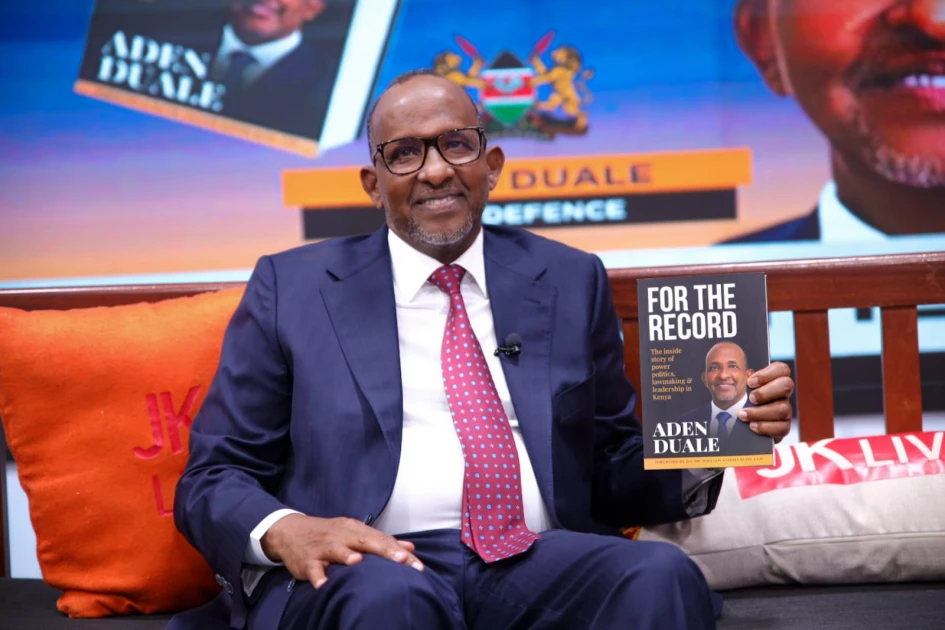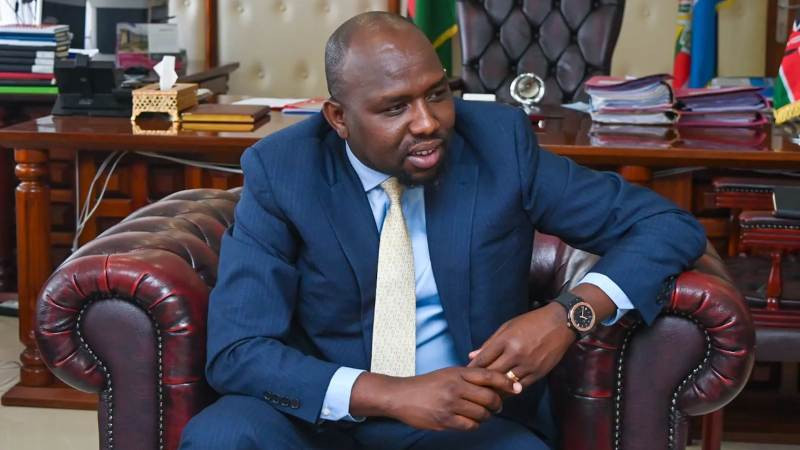Kenyans living with HIV/AIDS have been reassured that there is a sufficient supply of antiretroviral (ARV) drugs, and they should continue taking their medication daily without fear of running out.
In a recent statement, the Division of National AIDS and STI Control Program (NASCOP) confirmed that ARVs for both prevention and treatment are well-stocked across Antiretroviral Therapy (ART) sites.
“ARVs should, therefore, be taken daily without skipping doses or sharing. Recipients of care are also advised not to refill ARVs before their due dates for fear of running out,” the statement read. NASCOP also provided a helpline, 0726460000, for any further clarification and clinical support.
Concerns Over USAID Funding Freeze
The announcement comes amid concerns from patients over the availability of ARVs following the US government’s recent decision to freeze USAID funding. On January 20, former President Donald Trump announced a 90-day freeze on USAID, a move that could see Kenya lose over KSh 25 billion annually in HIV/AIDS support.
Since 2003, the US President’s Emergency Plan for AIDS Relief (PEPFAR) has played a critical role in providing HIV/AIDS treatment in Kenya. The program has invested over $8 billion, supporting nearly 1.3 million people living with the virus. Notably, PEPFAR has supplied 40% of the country’s HIV drugs and medical supplies.
Stock Levels and Government Assurance
Earlier this month, concerns arose after reports surfaced that stocks of two critical HIV treatments, Dolutegravir and Nevirapine, were running low. Dolutegravir is commonly used to treat patients with both HIV and tuberculosis, while Nevirapine is crucial in preventing mother-to-child transmission of HIV.
However, Health Cabinet Secretary Deborah Barasa assured the public that supplies would be sufficient once the Mission for Essential Drugs and Supplies (MEDS) stock is released. According to her, Dolutegravir supplies will last for five months, while Nevirapine will be available for at least eight months.
Director-General for Health Patrick Amoth also reaffirmed the government’s commitment to maintaining a steady supply of ARVs.
“I want to assure Kenyans that we have sufficient stock of HIV commodities, including ARVs and testing commodities. We have strengthened our supply chain pipeline to ensure continuous availability,” Dr. Amoth stated on January 29.
Kenya’s HIV Burden
According to the World Health Organization (WHO), Kenya ranks seventh globally in the number of people living with HIV. This highlights the importance of maintaining a consistent and accessible supply of life-saving medication for affected individuals.
The Kenyan government continues to urge those on ARVs to adhere to their treatment regimen, emphasizing that there is no need to panic. By ensuring a consistent drug supply and strengthening distribution mechanisms, the Ministry of Health seeks to safeguard the well-being of those living with HIV/AIDS in the country.









































